In c it's possible to change const using pointers like so:
//mainc.c
#include <stdio.h>
int main(int argc, char** argv) {
const int i = 5;
const int *cpi = &i;
printf(" 5:\n");
printf("%d\n", &i);
printf("%d\n", i);
printf("%d\n", cpi);
printf("%d\n", *cpi);
*((int*)cpi) = 8;
printf(" 8?:\n");
printf("%d\n", &i);
printf("%d\n", i);
printf("%d\n", cpi);
printf("%d\n", *cpi);
}
The constant is changed as can be seen in the output:

If we try the same in c++:
//main.cpp
#include <iostream>
using std::cout;
using std::endl;
int main(int argc, char** argv) {
const int i = 5;
const int *cpi = &i;
cout << " 5:" << '\n';
cout << &i << '\n';
cout << i << '\n';
cout << cpi << '\n';
cout << *cpi << '\n';
*((int*)cpi) = 8;
cout << " 8?:" << '\n';
cout << &i << '\n';
cout << i << '\n';
cout << cpi << '\n';
cout << *cpi << '\n';
int* addr = (int*)0x28ff24;
cout << *addr << '\n';
}
From the output is looks like i is still 5 and is still located at 0x28ff24 so the const is unchanged. But in the same time cpi is also 0x28ff24 (the same as &i) but the value it points to is 8 (not 5).
Can someone please explain what kind of magic is happening here?
Explained here: https://stackoverflow.com/a/41098196/2277240

